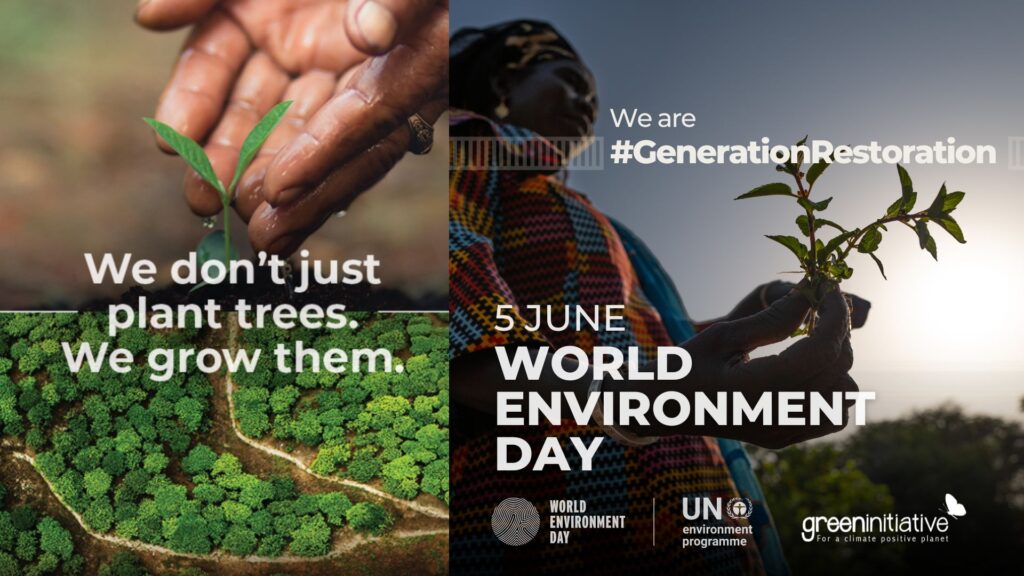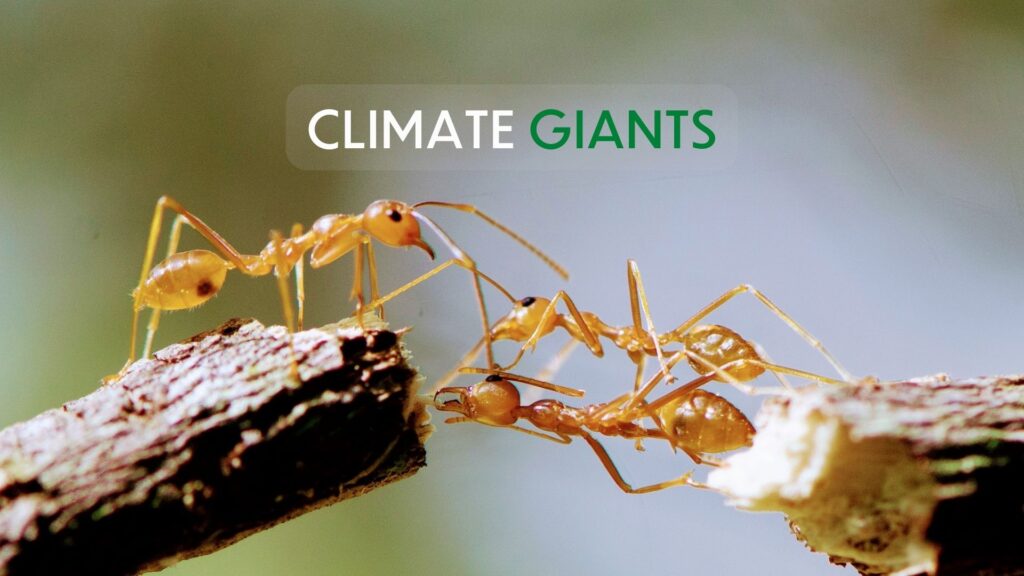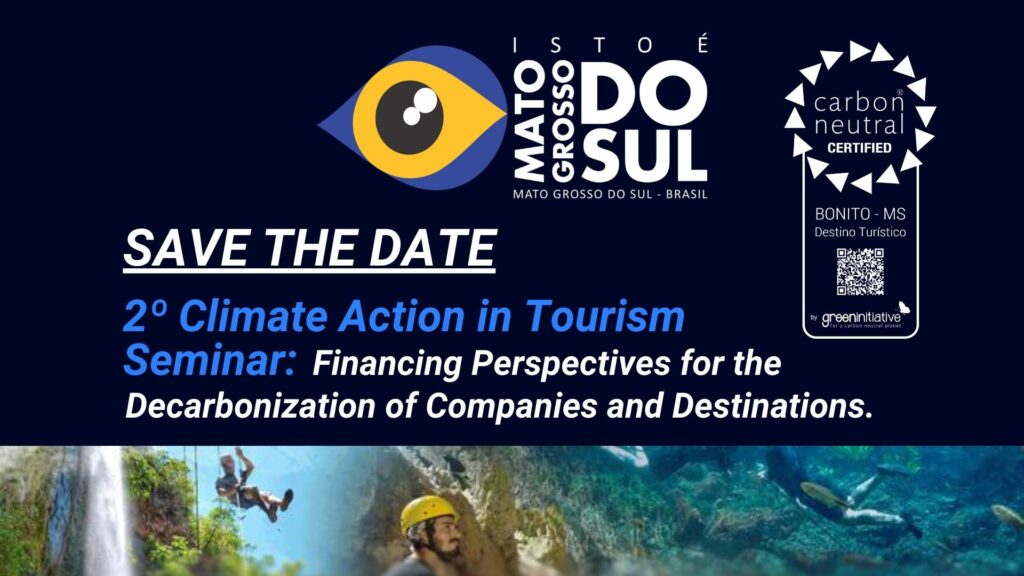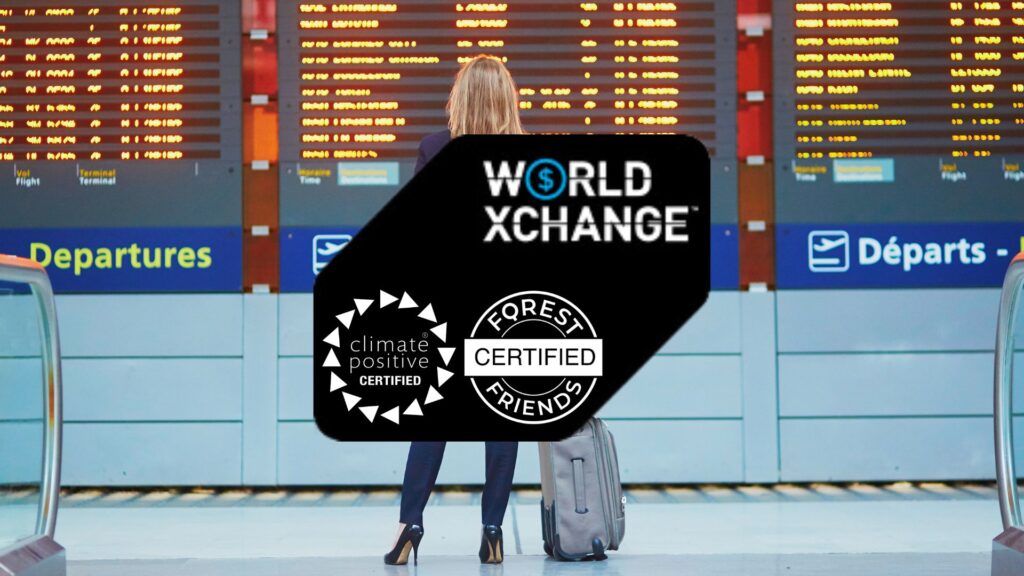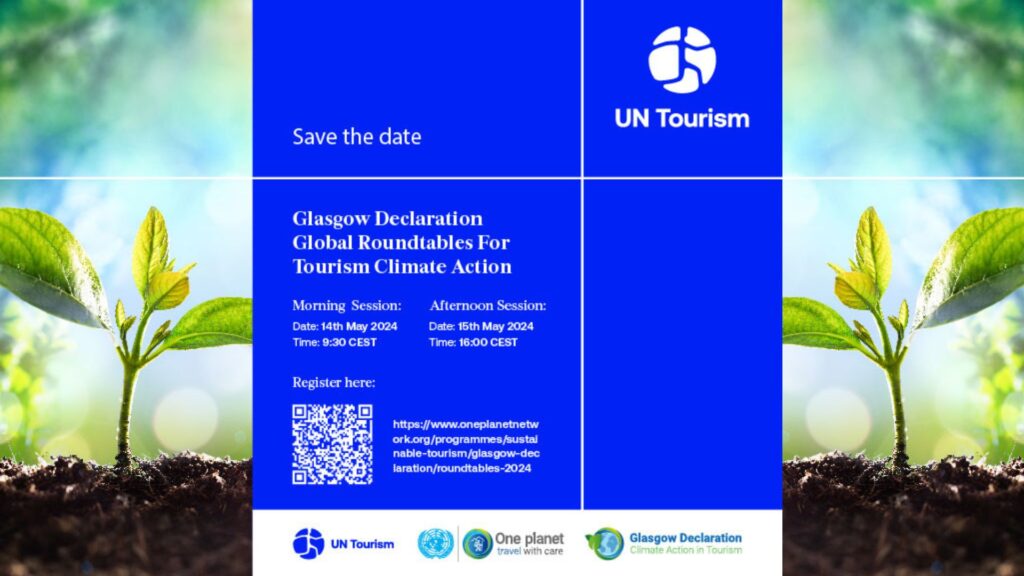Celebrating World Environment Day 2024: Honoring Our Planet’s Biomes
June 5, World Environment Day 2024 On this World Environment Day, we celebrate and commit to protecting the incredible diversity of life on our planet. Each biome plays a crucial role in maintaining Earth’s ecological balance and sustaining life. This year, we are digging deep into land restoration, desertification, and drought resilience under the UN Environment Programme slogan “Our land. Our future. We are #GenerationRestoration.” The Vital Role of Biomes Tropical Rainforests Tropical rainforests, like the Amazon and the Congo Basin, are the lungs of our planet. They are teeming with biodiversity and are vital for regulating the global climate. These irreplaceable treasures support countless species and are essential for our planet’s health. Let’s commit to preserving these lush, vibrant ecosystems. Fun Fact: A single hectare of rainforest can contain over 750 types of trees and 1,500 species of higher plants. Savannas Savannas, spanning Africa, South America, and Australia, support a rich variety of wildlife and ecosystems. These grasslands, with their seasonal rains, remind us of nature’s resilience and the importance of sustainable land use. Protecting savannas ensures the survival of the diverse species that inhabit them. Fun Fact: The Serengeti in Africa hosts the largest terrestrial mammal migration in the world, with over 1.5 million wildebeest and 200,000 zebras making their annual trek. Deserts Deserts, such as the Sahara and the Gobi, teach us about survival and adaptation in the harshest conditions. Despite their arid nature, deserts are teeming with life uniquely adapted to thrive where water is scarce. Protecting these fragile ecosystems is crucial for maintaining their delicate balance. The Great Green Wall initiative, aiming to restore 100 million hectares of land in Africa, exemplifies efforts to combat desertification and promote land restoration. Fun Fact: The Sahara Desert, the largest hot desert in the world, spans 9.4 million square kilometers—about the size of Canada. It is home to over 500 plant species and 90 different species of birds. Diverse Biomes and Their Unique Contributions Temperate Forests Temperate forests, found in North America, Europe, and Asia, enchant us with their changing seasons and diverse flora and fauna. These forests are essential for carbon storage, soil conservation, and providing habitat for countless species. Ensuring these woodlands remain vibrant and healthy is crucial for future generations. Fun Fact: The oldest known tree in the world, a bristlecone pine named Methuselah, is located in California’s White Mountains and is over 4,800 years old. Taiga (Boreal Forest) The Taiga, or Boreal Forest, stretches across Canada, Russia, and Scandinavia, forming the largest terrestrial biome on Earth. These coniferous forests are crucial carbon sinks and home to species uniquely adapted to cold climates. Preserving the Taiga helps combat climate change and supports biodiversity. Fun Fact: The Taiga represents about 30% of the world’s forest cover, playing a significant role in absorbing carbon dioxide from the atmosphere. Tundra The Tundra, with its cold, treeless plains and permafrost, is a reminder of nature’s extremes and the fragility of life in harsh environments. Found in Arctic regions and high mountains, the Tundra is vital in regulating global temperatures and supporting unique wildlife. Fun Fact: The Arctic Tundra is home to the largest and most successful land predator, the polar bear, which can travel over 30 kilometers a day in search of food. Marine Biomes Marine biomes, covering about 70% of Earth’s surface, include oceans, coral reefs, and estuaries. They support an immense variety of life and are crucial for global climate regulation. Protecting our oceans is essential for maintaining the planet’s health. Fun Fact: The Great Barrier Reef in Australia is the largest coral reef system in the world, spanning over 2,300 kilometers and hosting over 1,500 species of fish. Freshwater Biomes Freshwater biomes, such as rivers, lakes, and wetlands, provide habitat for diverse species and are vital for human survival. Lakes, rivers, and wetlands hold 20-30% of global carbon despite occupying only 5-8% of the land surface. The Nile River, widely regarded as the world’s longest waterway, exemplifies the critical importance of freshwater ecosystems. Fun Fact: The Nile River, widely regarded as the world’s longest waterway, flows through 11 different countries and stretches 6,695 kilometers. Terrestrial and Land-Based Ecosystems Soil and Water Soil is the planet’s most biodiverse habitat, with almost 60% of all species living in it. Healthy soils store massive amounts of carbon, which, if released, would cause a huge spike in planetary warming. Only 0.5% of water on Earth is usable and available freshwater, and climate change is dangerously affecting this supply. Over the past two decades, land-based water storage—including soil moisture, snow, and ice—has dropped at a rate of 1 centimeter per year, severely impacting water security and food production. Drylands Drylands cover 41% of the Earth’s land surface and 78% of the world’s rangelands. They generate 44% of global crops, provide feed for half of the world’s livestock, and support the lives and livelihoods of over 2 billion people. Despite their arid conditions, drylands are home to more than a quarter of the world’s forests and a third of global biodiversity hotspots. Protecting drylands is essential for sustaining the ecosystems and communities that depend on them. Farmlands and Urban Ecosystems Farmlands Farmlands are crucial for global food production, yet they face significant challenges. Every five seconds, the equivalent of one football pitch of soil is eroded. It takes 1,000 years to generate just 3 centimeters of topsoil, and every year, more than 24 billion tonnes of priceless topsoil are washed or blown away worldwide. Agricultural expansion continues to threaten forests and biodiversity. The world will need to raise its food production by 60–70% to feed a projected human population of 9 billion by 2050. Close to 75% of the world’s fruit and seed crops depend on pollinators like bees, which contribute to 35% of the world’s total crop production. Despite their importance, pollinators are in serious decline due to intensive agricultural practices, pesticide use, invasive species, diseases, and climate change. Globally, at least 2 billion people depend on the agriculture sector
Celebrating World Environment Day 2024: Honoring Our Planet’s Biomes Read More »

